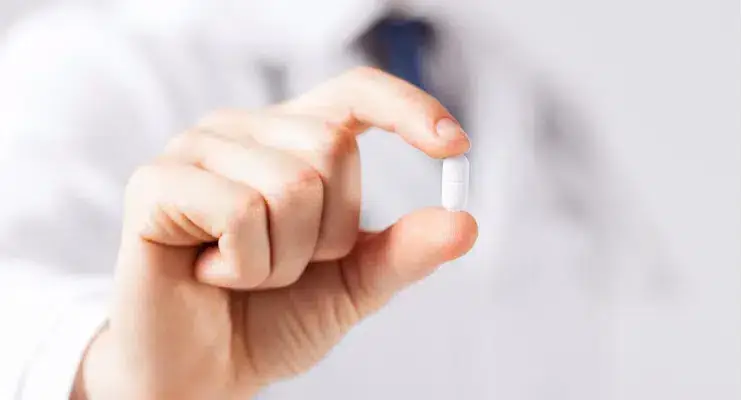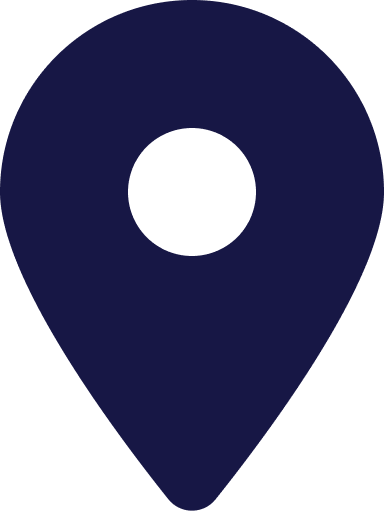It’s A Disease, But Is There A Cure For Addiction?
Updated 07/25/2023

Throughout history, society has celebrated the eradication of harmful disease. From the creation of the smallpox vaccine in 1793 to the polio vaccine in 1953, we love to know that we can overcome and stop the disease in its tracks. It should come as no surprise then that one of the most questions we often get asked the most is, “How does our family cure this disease?”. Unfortunately, substance use disorders , or the disease of addiction, isn’t the same as smallpox and polio; there is not a “silver bullet” fix, a vaccine, or a pill that cures this deadly affliction.
What kind of disease is addiction?
Unlike illnesses that have a primary biological and genetic epidemiology, addiction is considered a biological, psychological, and social disease. The National Institute on Drug Abuse (NIDA) defines addiction as “a chronic disease characterized by compulsive, or uncontrollable, drug seeking and use despite harmful consequences and changes in the brain, which can be long lasting.” What this ultimately means is that the causes of addiction are largely contributed to a multitude of factors including a person’s environment, their genetics and physical makeup, as well as their interpersonal relationships (or lack of).
As you can imagine, a disease that is caused by physiological factors or environmental factors is a much easier puzzle to solve when seeking out a cure. Vaccines, the most common form of cures, are built to prepare the body to fight off and prevent disease and illness. Addiction, though, is not caused only by these types of contributing factors. Genetics and environment can play a role in addiction.
Have we ever tried to create a cure for addiction?
Science has shown that genetics are half of the problem, while the other half is comprised of the physical and social environment a person exists in. Research has been undertaken that seeks to explore the genetic predisposition for addiction further, and while researchers for the National Institute of Health (NIH) have found potential genetic markers they believe can predict whether a person is at-risk, they are no closer to a potential vaccine or another type of medical cure for addiction. The continued search for a cure though has not stopped. The 21st Century Cures Initiative, led by Representative Fred Upton, calls for over 1.8 billion dollars per year to be spent on NIH research exploring the matter.
Overcoming addiction without a cure
Though society has benefited greatly from the eradication of devastating disease, there is still hope when the disease is not curable, but only treatable. Similar to addiction, the chronic illness of diabetes and cardiovascular disease are treatable and manageable with a wide range of therapeutic solutions. For many that have successfully intervened on and are currently managing their addiction, you will hear the concept of “recovery” talked about openly. Two and a half million people every year start their journey to recovery through professional treatment. Professional treatment can consist of detoxification, residential, partial hospitalization, intensive outpatient, or standard outpatient solutions. Many of these types of treatment are offered here at Palmer Lake, and staff has helped thousands start their own journey of managing the disease.
What is addiction treatment?
If there is no viable cure for substance use disorders, and prevention, intervention, and professional treatment are the recommended ways to manage the disease, what does that mean for you and your family?
Professional treatment, through the various programs mentioned previously, is a myriad of services that comprehensively address the complex nature of addiction. NIDA recommends that successful treatment programs provide the following:
- Detoxification (the process by which the body rids itself of a drug).
- Behavioral counseling.
- Medication (for opioid, tobacco, or alcohol addiction).
- Evaluation and treatment for (such as depression or anxiety).
- Long-term follow-up to prevent relapse and promote long-term success.
What about medication?
Medication is often associated with curing an ailment, or the successful management of symptoms of the ailment. Addiction, though it cannot be cured with medication at this point, does have certain medications that are used to help in the management of the disease. From aiding in the detoxification process to helping curb cravings (and stop triggers), medication can play a vital role in the recovery process. As with any medication regiment, it is important that any and all medication be taken only under the direct supervision of a qualified medical professional.
Detox Medication
- Buprenorphine, also known as Subutex, treats withdrawal from opiates including heroin. It may also be used for long-term maintenance, like Methadone. Buprenorphine can also be combined with Naloxone (Suboxone), which helps prevent dependence and misuse of opiates.
- Clonidine is used to help reduce anxiety, agitation, muscle aches, sweating, runny nose, and cramping. It does not help reduce cravings of opiates, though it does reduce the discomfort felt during detox.
Craving Medication
- Naltrexone blocks opioid receptors that are involved in the rewarding effects of drinking and the craving for alcohol. It reduces relapse to heavy drinking and is highly effective in some patients. Genetic differences may affect how well the drug works in certain patients.
While there may not be a cure for addiction, you shouldn’t let it deter you or your loved ones from pursuing a life of recovery. Substance use disorders can be successfully intervened on and managed with a plan of recovery. Whether you or a loved one need help with addiction, our staff can help develop a plan of action to overcoming the disease. Even without a cure for addiction, recovery is possible.

 Insurance
Insurance About Us
About Us Our Facility
Our Facility Admissions
Admissions Programs
Programs Medical Detox
Medical Detox Inpatient Rehab
Inpatient Rehab Aftercare & Recovery
Aftercare & Recovery

